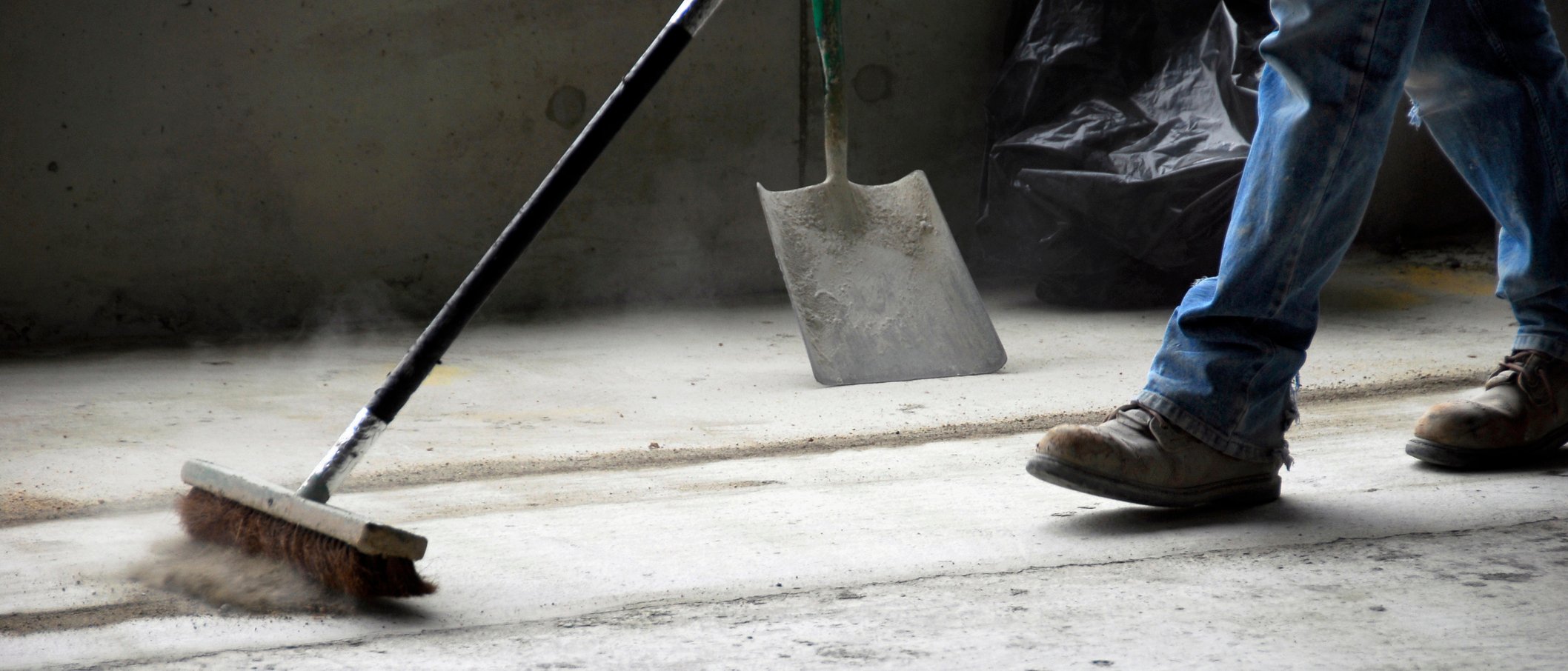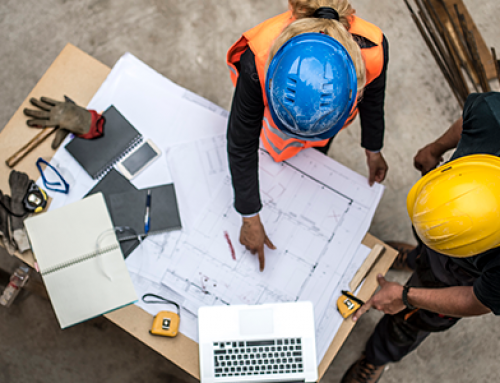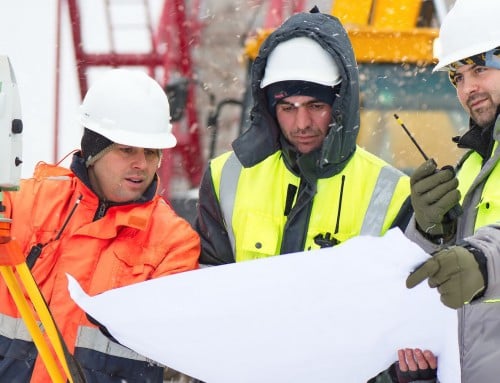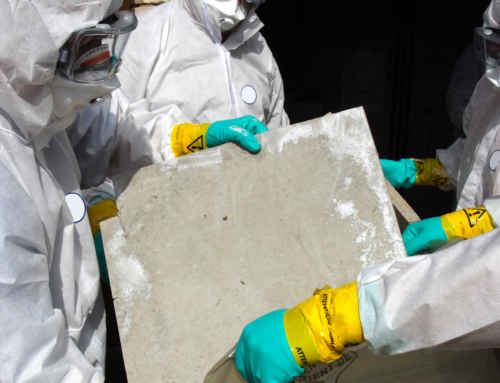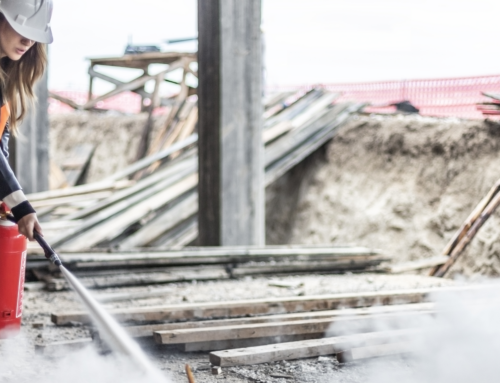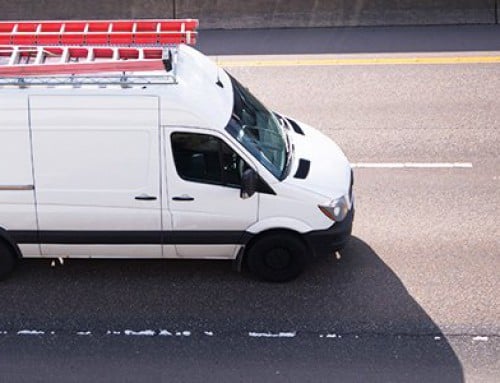Keeping your job site in proper order can improve safety, morale, public relations, and efficiency. This involves proper storage, use, cleanup, and disposal of various construction-related materials.
A good housekeeping program should be well-planned, coordinated, and involve everyone on a job site. The best time to clean up is immediately after debris has been created since many accidents such as tripping or slipping are caused by unsafe conditions produced by poor housekeeping.
The essentials of good housekeeping are generally reduced to the principle of “a proper place for everything and everything in its proper place.” This implies a common-sense regimen on the part of all job site workers to maintain an orderly environment and a clean and sanitary job site.
What is a clean job site?
A clean job site is one that is free from clutter and debris, to help enhance safety, productivity, and overall efficiency. A well-maintained job site can help mitigate the risk of potential hazards that could lead to accidents or injuries. Its important employees are provided with an environment conducive to completing their work effectively and safely.
Why is a clean job site important?
Scrap lumber with protruding nails, debris in work areas, and combustibles are just a few examples of hazards that can injure workers. Visitors to your job site could even be injured. Situations like that could leave you in some legal trouble. To help keep employees and visitors safe and to help protect your bottom line, housekeeping is a vital part of any business’ safety program.
What should you include in your housekeeping program?
Consider the following loss prevention recommendations when creating your housekeeping program:
How to help keep your job site safe
- Provide safe access to the job site.
- Keep walking and working surfaces clean.
- Keep stairways, passageways, and gangways free of materials, supplies, and obstructions.
- Pick-up and place all debris or trash in its proper container.
- Hammer in, bend, or remove any nails protruding from scrap lumber. Cap or bend all exposed steel rebar ends.
- Remove any items that aren’t being used from the work area and store them in their proper place.
- Keep lavatory and toilet facilities (stationary or portable) clean and sanitary.
- Cover furnishings and floors
- Designate areas for scraps and waste
How to deal with waste on your job site
- Place trash and recycling containers throughout the job site.
- Keep waste in metal cans or bins with self-closing covers and remove debris regularly.
- Never allow rubbish to fall freely from any level of the project. Use chutes or other approved waste-removal devices.
- Seal waste and product drums/containers tightly to reduce evaporation, spillage, and contamination.
- Ensure the disposal of scraps, waste, recyclables and surplus materials is in accordance with Federal regulations and local codes.
- Never dispose of any waste into storm or sanitary sewers.
- Frequently schedule the safe collection and removal of combustible waste.
- Lock and secure used oil containers and dumpsters.
- Keep stock of cleaning supplies
Ensure you’re covered
Despite your best efforts to run a clean and safe job site, things can still go wrong. That’s why it’s important to safeguard your business in other ways. Insurance can help protect your business from losses that could affect your bottom line. To learn more about the types of business insurance available, visit our business insurance page today!
This blog is provided for information only and is not a substitute for professional advice. We make no representations or warranties regarding the accuracy or completeness of the information and will not be responsible for any loss arising out of reliance on the information.
